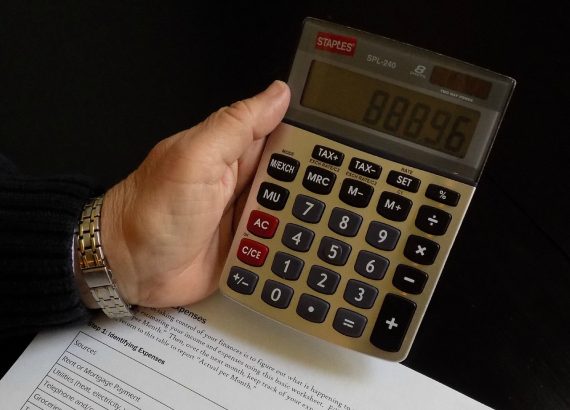How to Make a Budget

 Coming up with a working budget can be overwhelming. Only around 40% of households around the world prepare and stick to their weekly, monthly or yearly budgets. Having a budget is worth the effort since one can build wealth, cut expenses and get out of debts. A budget helps one plan on how to manage their finances and save money for other goals such as vacations or buying a dream car. When coming up with a budget, start with these steps.
Coming up with a working budget can be overwhelming. Only around 40% of households around the world prepare and stick to their weekly, monthly or yearly budgets. Having a budget is worth the effort since one can build wealth, cut expenses and get out of debts. A budget helps one plan on how to manage their finances and save money for other goals such as vacations or buying a dream car. When coming up with a budget, start with these steps.
Determine Your Income
The first step when making a budget is to determine how much money comes in each month. Remember that it’s possible to overestimate your income if you don’t take any relevant taxes and other deductions from your salary into account when preparing your budget. If working on a part-time basis or as a freelancer, take an average of what you earn. The total income should include salary, rental income, child support, dividends and interests.
Calculate The Expenses
It’s essential to categorise and keep track of all the expenses. Break down the monthly bill into fixed expenses which include mortgage or rent, insurance premiums and other utilities. However, it’s rare to cut out any of these fixed expenses; it’s helpful knowing how much monthly income you spend on them. Next, identify the variable bills that may change from time to time, such as gas, entertainment, or groceries. This is an avenue where you may be able to cut back since these bills aren’t fixed, and you can forego some such as entertainment and night outs. If you realise that you are spending more than your income there only two options, either find a way to make more money or cut back on the expenses. With variable bills, consider searching the market for lower rates on utilities such as gas and electricity if a contract does not bound you, or the contract is due to end.
Set Your Financial Goal
After analysing the amount of money at your disposal for savings, come up with a list of short and long-term financial goals. Short term goals should not take more than a year while long-term goals such as saving for retirement or child education can take years to accomplish.
Make it a Habit
It would help if you aimed to stick to your budget and review it regularly. This will help you identify the areas where you can cut back, and if you are on the right financial management path.


